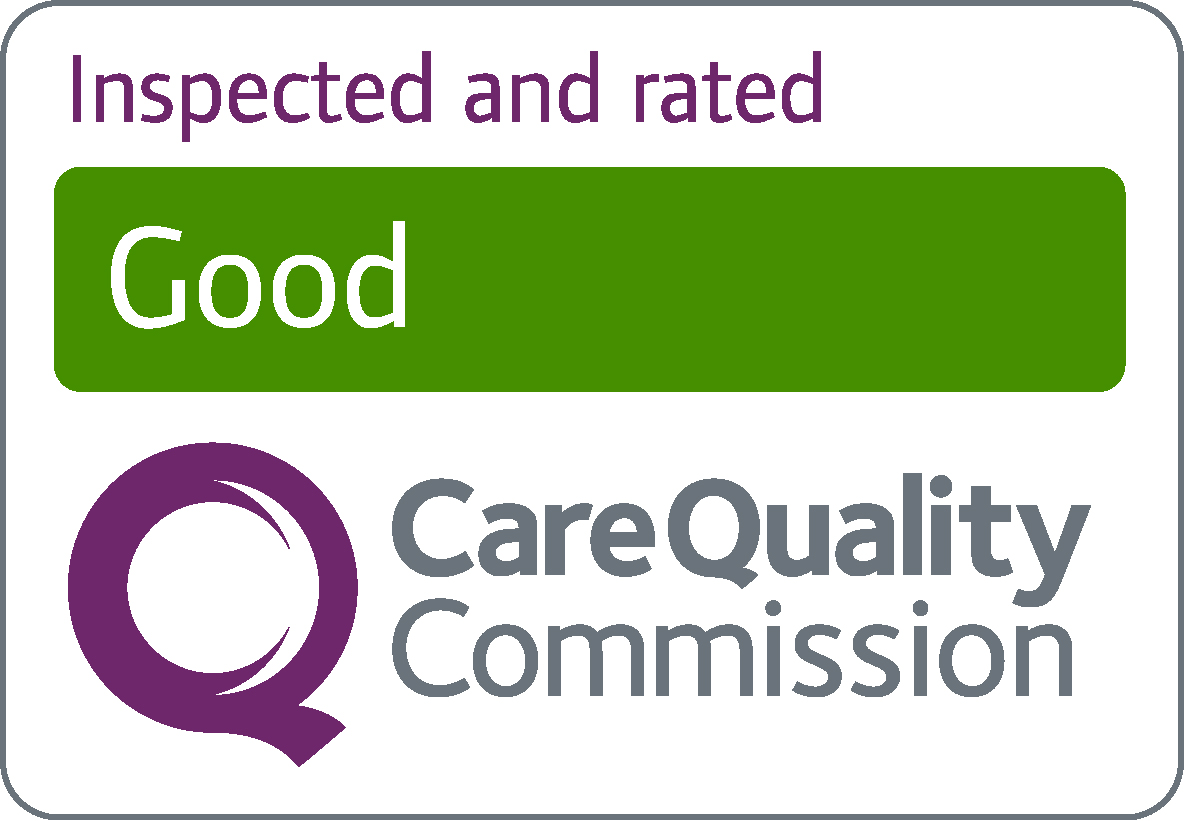Panic Disorder
Panic disorder Anxiety disorder Panic disorder is a type of anxiety disorder typified by recurrent, sudden panic attacks; sudden episodes of extreme dread or unease that in many circumstances show up unissued. Physical effects of these attacks could be chest pains, feelings of lightheadedness, breathlessness, and loss of control. Individuals bothered with panic condition are also likely to live in anticipation of another assault which may cause escape tendencies and interference with day-to-day functions.
Panic Disorder Overview
Understanding Causes, Symptoms, and Risk Factors
Causes
- Genetics (family history of anxiety or panic attack)
Some serious life stress (e.g. job, divorce, death)
Disproportion in brain chemistry
History of trauma or abuse history
Drug addiction or abstinence
Hyper-mobilization of fight-or-flight response
Constant worry or other psychological complications
Health related (e.g. thyroid issues, heart issues)
Characteristics of personality (e.g. hypersensitivity to stress)
Symptoms
-
Shaking or trembling
- Dyspnea or the sensation of choking Shortness of breath or choking feeling
- Uncomfortableness or pain in the chest
- Nausea or stomach sensation of ills
- Dizziness/ light headedness
- Numbness / tingling
- The fear of being out of control or crazy (going crazy)
- Dying phobia
- Hot flash or chills
- A sense of alienation to the real world (derealization or depersonalization)
- Tell me, do you desire this in paragraph or with descriptions!
Risk Factors
Can Panic Disorder be prevented?
Panic Disorder is at times unavoidable to curb especially when it runs in the family or the chemistry of the brain. Nevertheless, timely measures and the adoption of healthy lifestyles will help mitigate the risk of developing the condition or minimise its consequences. The following are a few tips in trying to prevent or cope with panic disorder:
- Alleviate stress well- stress is a normal everyday occurrence hence there are stress management skills that we can employ such as relaxation techniques like deep breathing, yoga or meditation.
- Evade caffeine, alcohol, and drugs- These might stimulate or lead to the severity of anxiety and panic attacks.
- Exercise regularly- Aerobic exercise does the trick in balancing mood and lowering stress.
- Get a proper sleep pattern- Sleeping problems may cause more anxiety and leave you susceptible to panic attacks.

Preventive, Trusted, and Affordable Healthcare for All
It is extremely crucial to your cognitive, emotional, and physical health to have quality sleep. We offer affordable CBT-I (Cognitive Behavioural Therapy for Insomnia), sleep consultation and a complete lifestyle approach to your care. Whether you have trouble sleeping some of the time, or you experience constant tiredness, we would like to see you sleep better, live better, and stay well, all at an affordable price with the same compassion and professionalism.





